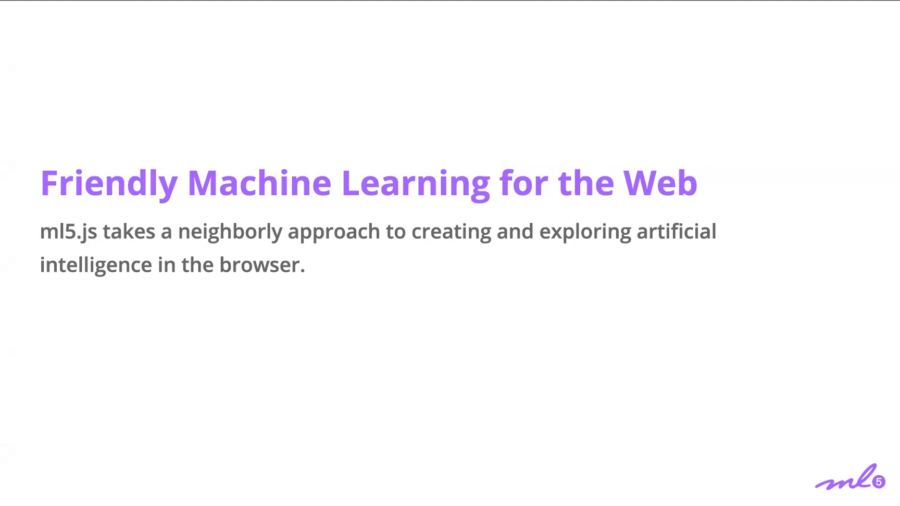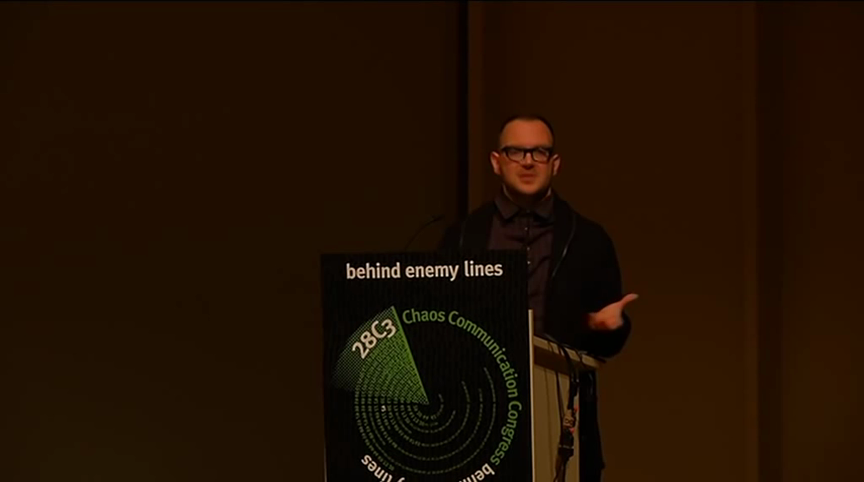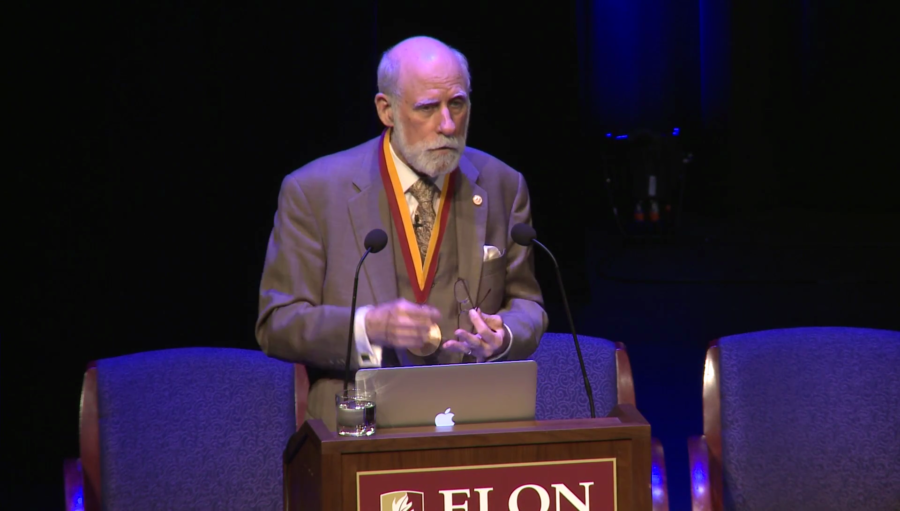I’ve found that identifying ways to be a part of shared collaborative and community projects that produce knowledge or build infrastructure that has been influential and instructive for me has connected me to a lot of really amazing people and ideas. And so, most relevant to this presentation I want to talk about how my more recent work as an open source maintainer has actually helped me learn more about how to be present in communities that are important to me.
Archive (Page 1 of 2)
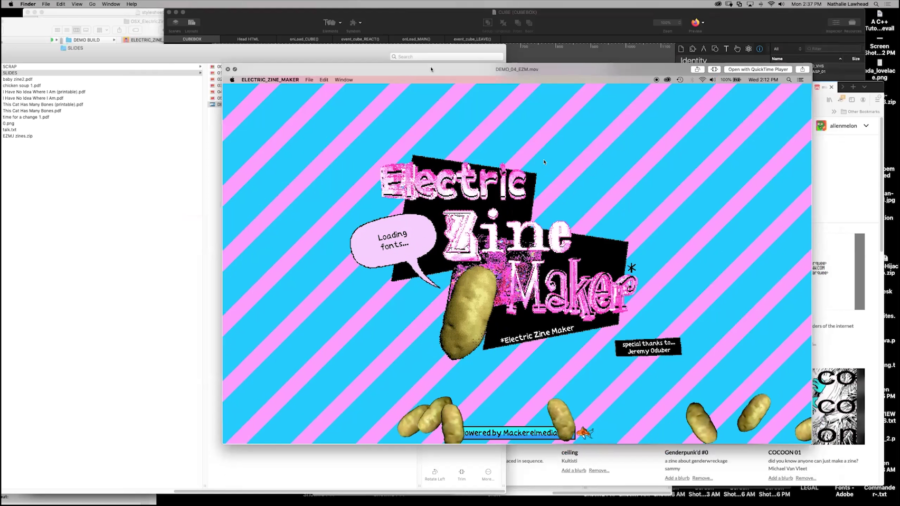
If you do anything generative on computers and don’t know what to do with whatever you just made, turning that into a little tool that people can use to do stuff like tweak values, play around with some visuals, and just export whatever they make goes a long way. Coming from more of a game design angle, it’s easy to overthink interactivity and want to build on the systems in ways that get really complicated. If you look at tool design, often the opposite mindset is the most rewarding.
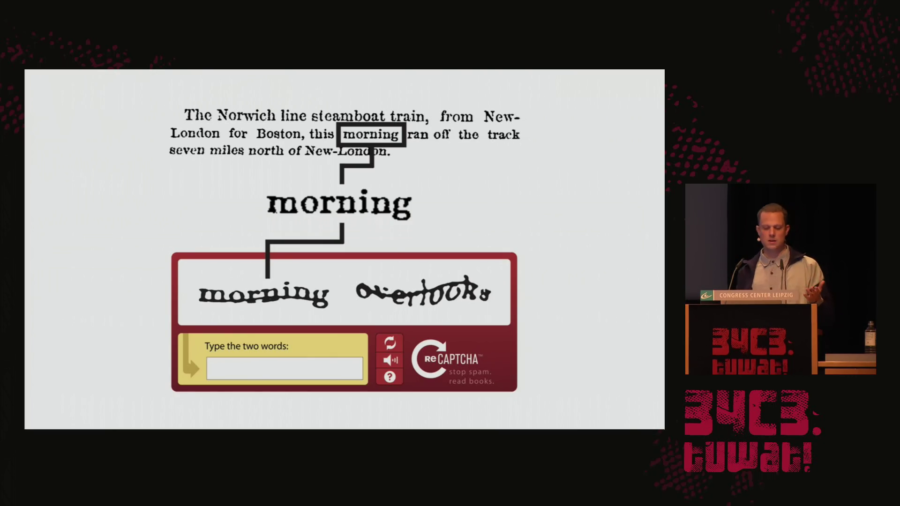
What is this condition? I would summarize it as people extending computational systems by offering their bodies, their senses, and their cognition. And specifically, bodies and minds that can be easily plugged in and later easily be discarded. So bodies and minds algorithmically managed and under the permanent pressure of constant availability, efficiency, and perpetual self-optimization.
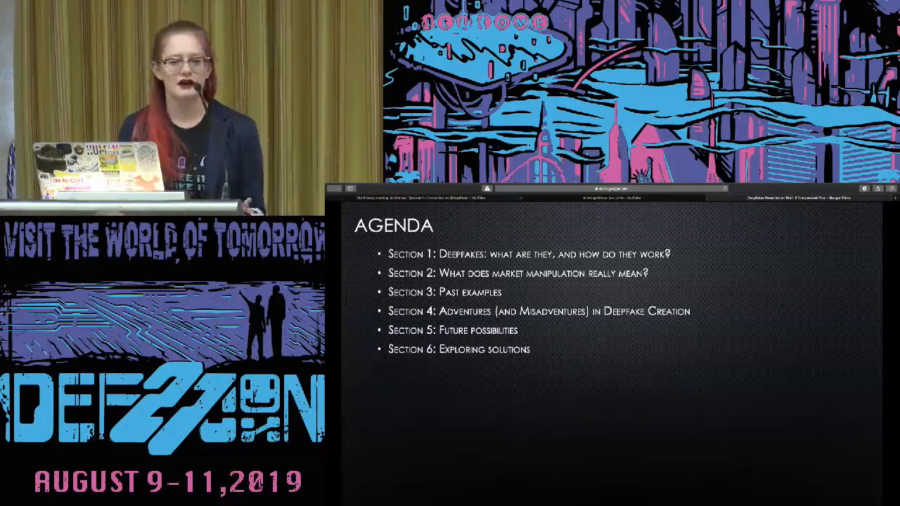
Deepfakes, even as a concept, continue to grow and develop. So we’re not seeing that just what we know now as deepfakes is where it stops. This is going to continue to develop as time goes by.
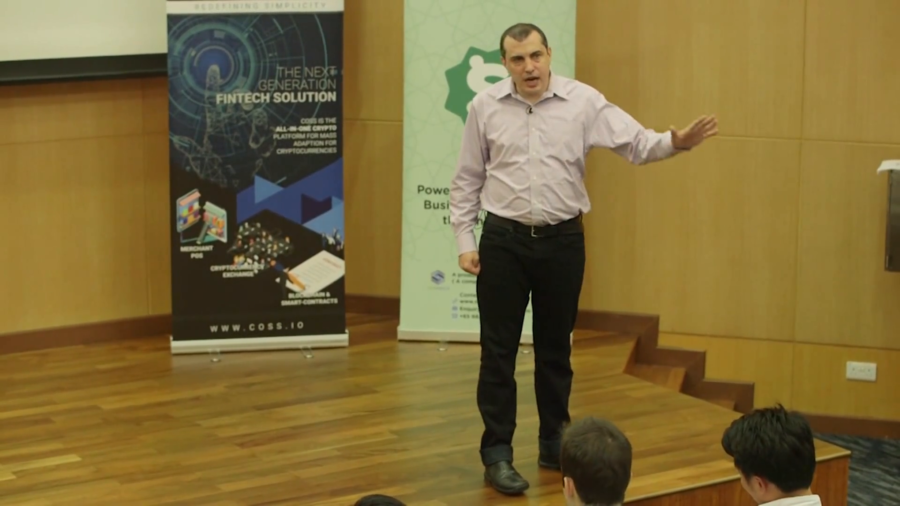
The culture gap at the center of the debate we’re having today is a culture gap between people who build hardware and people who build software. And those cultures have been diverging since the 1950s.
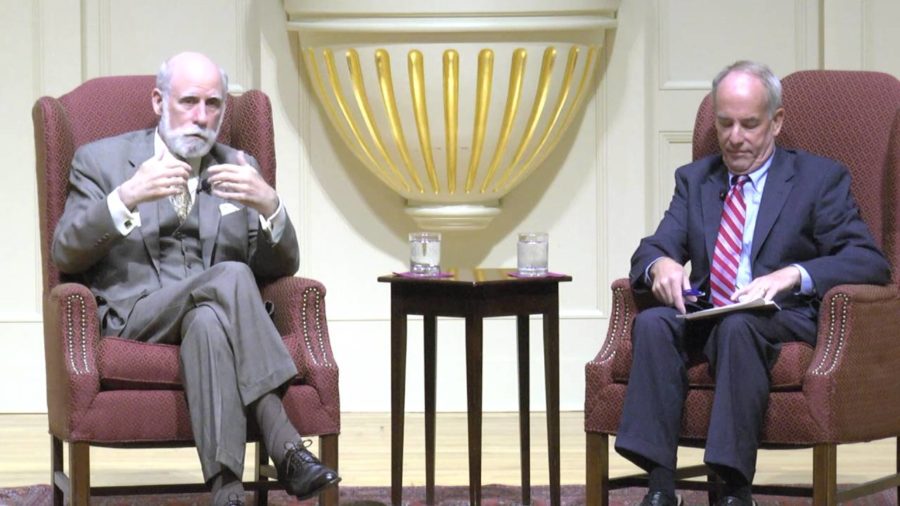
We’ve already been through several situations where new technologies come along. The Industrial Revolution removed a large number of jobs that had been done by hand, replaced them with machines. But the machines had to be built, the machines had to be operated, the machines had to be maintained. And the same is true in this online environment.
We’re at a thousand dollars per gigabyte, which is what current disk drives cost. The twenty terabytes that people estimate in ASCII that’s in the Library of Congress is just twenty million dollars. So that’s not very much money in terms of being able to store and retrieve the Library of Congress.
There are all of these wonderful laws that people have discovered and refined and proposed and proved over the years. And some of these laws can apply to the software projects and the teams and the communities that we work in every day.

